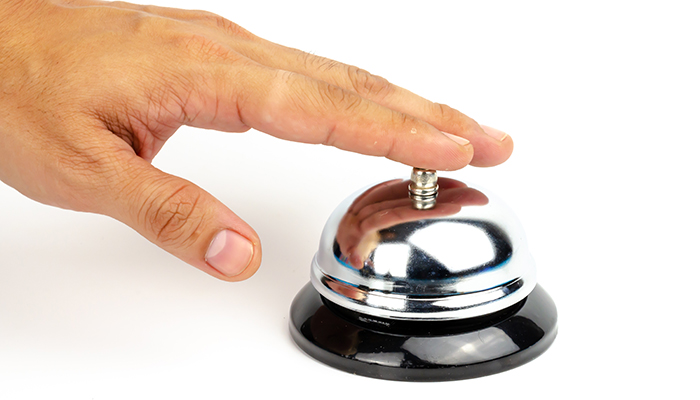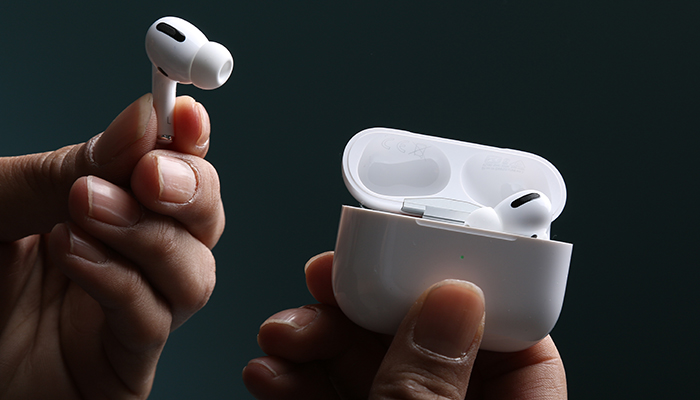
A vast majority of older adults (77%) say they want to remain in their own homes as they age. Of course! Home is comfortable: We know where everything is—in the house, and also in the neighborhood and town. Friends, doctors, grocery store. We know how to get around quickly and easily. Plus, the emotional benefits of memories, identity, and history are baked into the walls of a home. But for many, the concept of staying put is based on how things are now and doesn’t factor in the changes that are bound to come.









